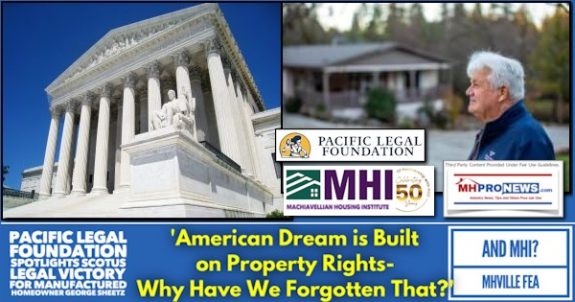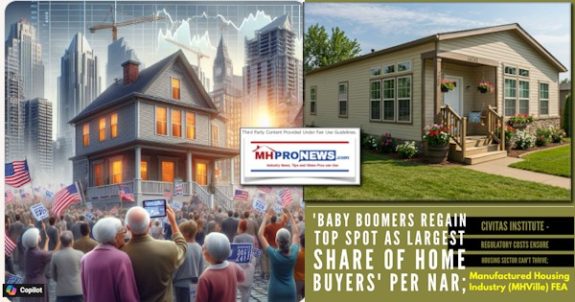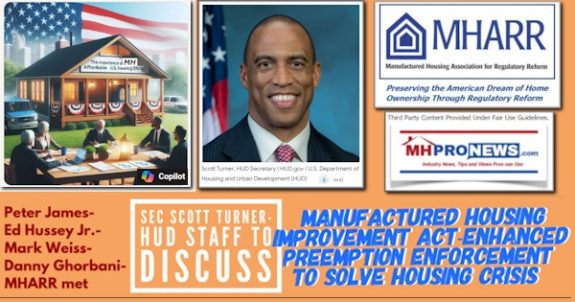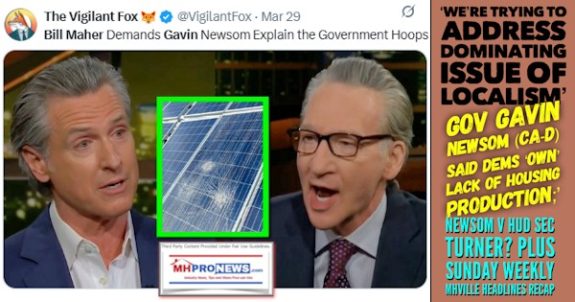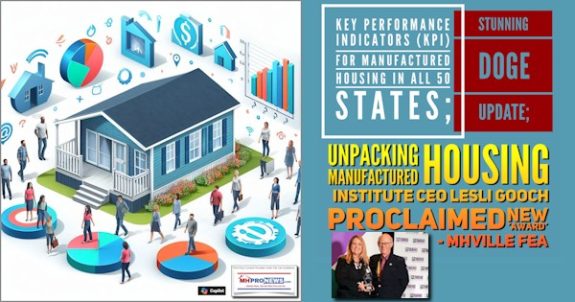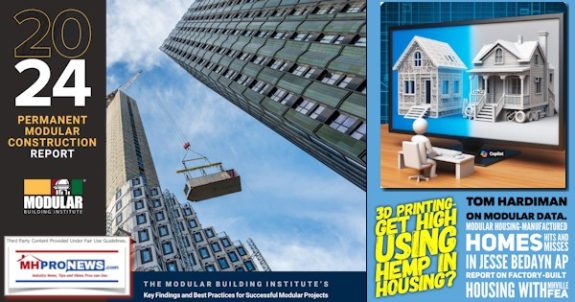
Congressional Committees Propose Cuts to the Fiscal Year 2013 Budget for the HUD Manufactured Housing Program
On June 20th, the U.S. House Appropriations Committee passed the Fiscal Year 2013 budget for the Department of Housing and Urban Development (HUD) and as expected, voted to cut the budget for the Manufactured Housing Program.
Responding to taxpayer concerns about federal budget deficits, the Appropriations Committee voted to appropriate up to $4 million to administer the Manufactured Housing Standards and Procedural and Enforcement Program, a $2.5 million reduction from the current year’s budget. The committee intends for the entire program to be funded through a label fee paid by manufacturers. Since 2005, Congress has provided an additional taxpayer funded appropriation to cover costs to administer the program.
The bill, H.R. 5972, also includes a provision giving HUD authority to collect additional fees for its Installation and Dispute Resolution Programs. The Manufactured Housing Improvements Act of 2000 requires that HUD administer Dispute Resolution and Installation Programs in states that have not chosen to adopt such programs.
The Senate Appropriations Committee passed its version of the FY 2013 Appropriations for HUD in April, and it calls for a budget of up to $5.5 million to administer the Manufactured Housing Standards and Procedural Enforcement Program. This amount includes a $1.5 million direct appropriation. The bill, S. 2332, stipulates that HUD must increase its label fees to ensure that, should it spend the entire $5.5 million, the fees paid by manufacturers will cover the entire appropriation. S. 2332 also authorizes HUD to collect fees from any program participant for the dispute resolution and installation programs.
The House bill is $2.5 million less than what was enacted for the program in FY 2012 and the Senate bill is $1.5 million less than the FY 2012 appropriation.
It is unclear when full House and Senate will take up the bills. When they are passed, a conference committee will have to work out the differences between the two bills.
Department of Energy Supporting Research to Improve Energy Performance in Factory-Built Homes
Within the next few weeks, the U.S. Department of Energy’s ARIES Building America team will select one home-building facility to work with in developing a streamlined production solution for using high R-value foam sheathing in the construction of exterior walls. The goal of this effort is to develop a production-ready and more affordable method of using exterior foam sheathing as a strategy for meeting the current and future stringent requirements of the International Energy Conservation Code (IECC).
The wall design will combine frame and fiberglass batt construction with an exterior insulative, high R-value rigid sheathing board. The ARIES team of factory-building experts will work with one home-building facility in seamlessly incorporating the design into current production while addressing key engineering issues. Federal funding will cover engineering costs and most materials will be provided by industry suppliers. The partner factory-builder will provide plant space and staff support and expertise. Thus far, ten plants have volunteered to host the prototyping effort and all will be invited to participate on the design team.
The ARIES Building America team includes the Systems Building Research Alliance (SBRA) directed by a committee consisting of key stakeholders—companies that have a business interest in the results—in this case, home manufacturers. Mike Wade, Director of Manufacturing Operations with Cavalier Homes, chairs the Committee that includes heads of engineering and production with All American Group, American Homestar, Cavco Industries, Inc., Champion Homes, Clayton Homes, Eagle River Homes and Palm Harbor Homes. Among the project partners and advisors are several major insulation companies, including: Bayer MaterialScience, BASF, CertainTeed, DOW, Johns Manville, and Owens Corning.
MHI Assists with Industry Letter Opposing ULC Draft Uniform Manufactured Housing Act
On Monday, June 18th, MHI held a conference call with member state association executive directors to discuss the Uniform Law Commission’s (ULC’s) recent actions regarding its draft of a Uniform Manufactured Housing Act which is now in its 5th major revision with the Manufactured Housing Act Drafting Committee. On July 14th, at its Annual Meeting, the ULC will take up the proposed model Act. The ULC is an organization that works to provide states with non-partisan, well conceived, and well drafted “model” legislation that would bring clarity and stability to critical areas of state statutory law.
The latest draft of the Uniform Manufactured Housing Act provides for an optional election to treat manufactured homes as real property, including unaffixed homes on leased land. Under the current draft of the Act, conversion to real property is optional, but a retailer must give notice to a buyer when the purchase agreement is signed that the buyer may elect to have the home treated as real estate if the home will be located on land owned or controlled by the buyer, and the retailer may not direct the buyer to classify the home as either personalty or realty.
The stated purposes of the Act are to increase the availability of affordable financing for manufactured homes now conveyed and encumbered as personal property; clarify the point in time when a home is converted to real property; simplify the method of conveying and encumbering a home; enhance consumer protections; and bring uniformity to a diverse array of state manufactured home titling laws. However, the Act fails to accomplish any of these objectives, and may even be counter-productive to them.
MHI and its member state associations are working with Marc Lifset at McGlinchey Stafford on a letter to the ULC leadership to express and explain the industry’s opposition to the proposed model Act. MHI has been assisting with the collection of signatures from industry members which will include state associations, lenders, and land-lease community owners. Additional signatures to the letter are welcome from all interested parties.
Agencies Set Mortgage-Servicing Rules for Military Members
The Consumer Financial Protection Bureau (CFPB), Federal Reserve, Federal Deposit Insurance Corp., National Credit Union Administration and Office of the Comptroller of the Currency issued guidance on June 21st for mortgage servicers to provide servicemembers with information needed to sell their homes or modify loans when they must relocate. Click here for the press release.
The goal of the guidance is to ensure that servicemembers who receive permanent change in station orders get “clear, accurate, and timely information about available options such as loan modification or short sale,” said CFPB director Richard Cordray. According to the CFPB, approximately one-third of active-duty servicemembers get these orders each year. Department of Defense figures state that about 180,000 members of the military are homeowners.
The guidance also addresses two specific practices: asking servicemembers to waive their rights under the Servicemembers Civil Relief Act as a condition for assistance or skip mortgage payments to become eligible for assistance.
Issue Briefs Now Available to MHI Members
Do you have a media interview or an appointment with a local official and need the highlights on a particular manufactured housing industry issue? If so, the new MHI Issue Briefs provide key information and talking points on important industry issues. They are ideal when you need a quick reference and key talking points on an industry issue. The MHI Issue Briefs are now posted on the Media Center within MHI’s Web site for your use. Issues covered include: tornadoes, hurricanes, fire safety, indoor air quality, energy-efficient tax credits, energy/ventilation standards, life expectancy of homes, appreciation/depreciation, and discriminatory financing treatment of manufactured homes. Click here to access the issue briefs.


















